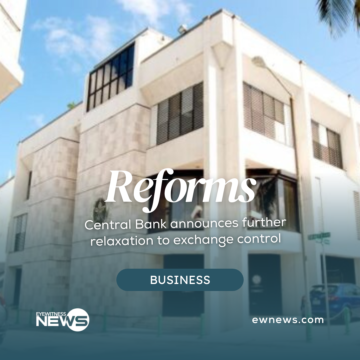
NASSAU, BAHAMAS — The Central Bank has announced further reforms to relax Exchange Control Administration, aiming to enhance efficiencies for residents and work permit holders.
The regulator revealed that these measures will take effect on April 1, 2024, except for those impacting the Investment Currency Market (ICM), which will be implemented on June 1st, 2024. The Central Bank explained that the secondary timeline allows commercial banks to implement amended reporting templates to track ICM transactions.
"The liberalization measures expand the delegated limits within which commercial banks can approve foreign currency sales to the public, reducing the need for individuals to apply to the Central Bank for foreign currency purchases," the regulator stated. "Additionally, the reforms streamline the process for local businesses to access financing in foreign currency and decrease the involvement of the Exchange Control approval process in additional categories of residential real estate inflows."
The Central Bank further highlighted, "These liberalization measures are expected to enhance the ease of doing business while maintaining the emphasis on external reserves adequacy and safeguarding The Bahamas' fixed exchange rate regime. The reporting frameworks used by commercial banks permit timely monitoring of foreign exchange market activities, enabling the Central Bank to make policy changes promptly if necessary. Although the reforms to the ICM will allow individual investors to operate more freely within annual limits, the framework will maintain the 5.0 percent premium on foreign currency purchases, a key determinant of usage."
Overall, the 2024 measures are anticipated to improve efficiencies for both residents and temporary residents (work permit holders).
"For residents, the measures reduce the requirement for prior approvals from the Central Bank for various payments on transactions, including those on the current account (trade-related payments and transfers) and the capital & financial account (investments). For temporary residents, accessing certain local currency products and services provided by commercial banks will be easier. Non-residents will find residential real estate transactions further removed from exchange control vetting," stated the Central Bank.
Click here to read more on the Eye Witness News website





